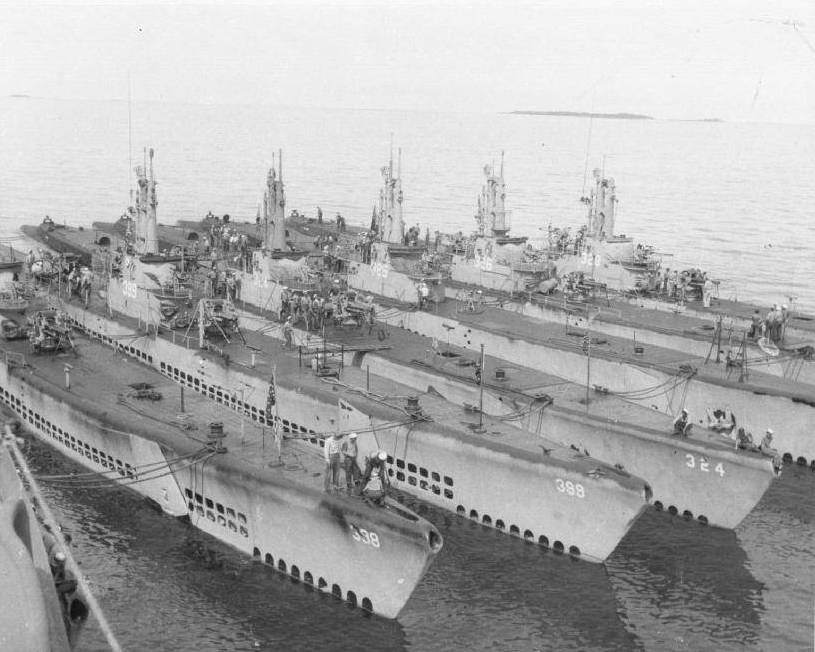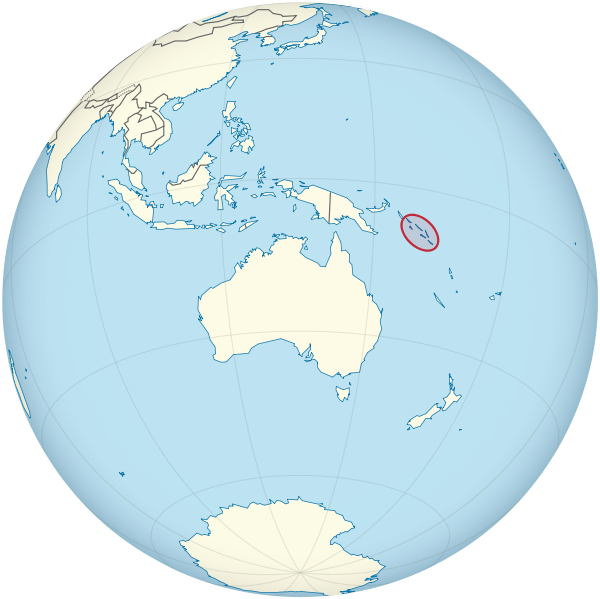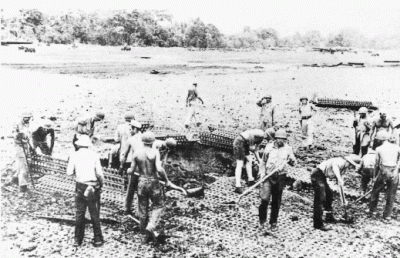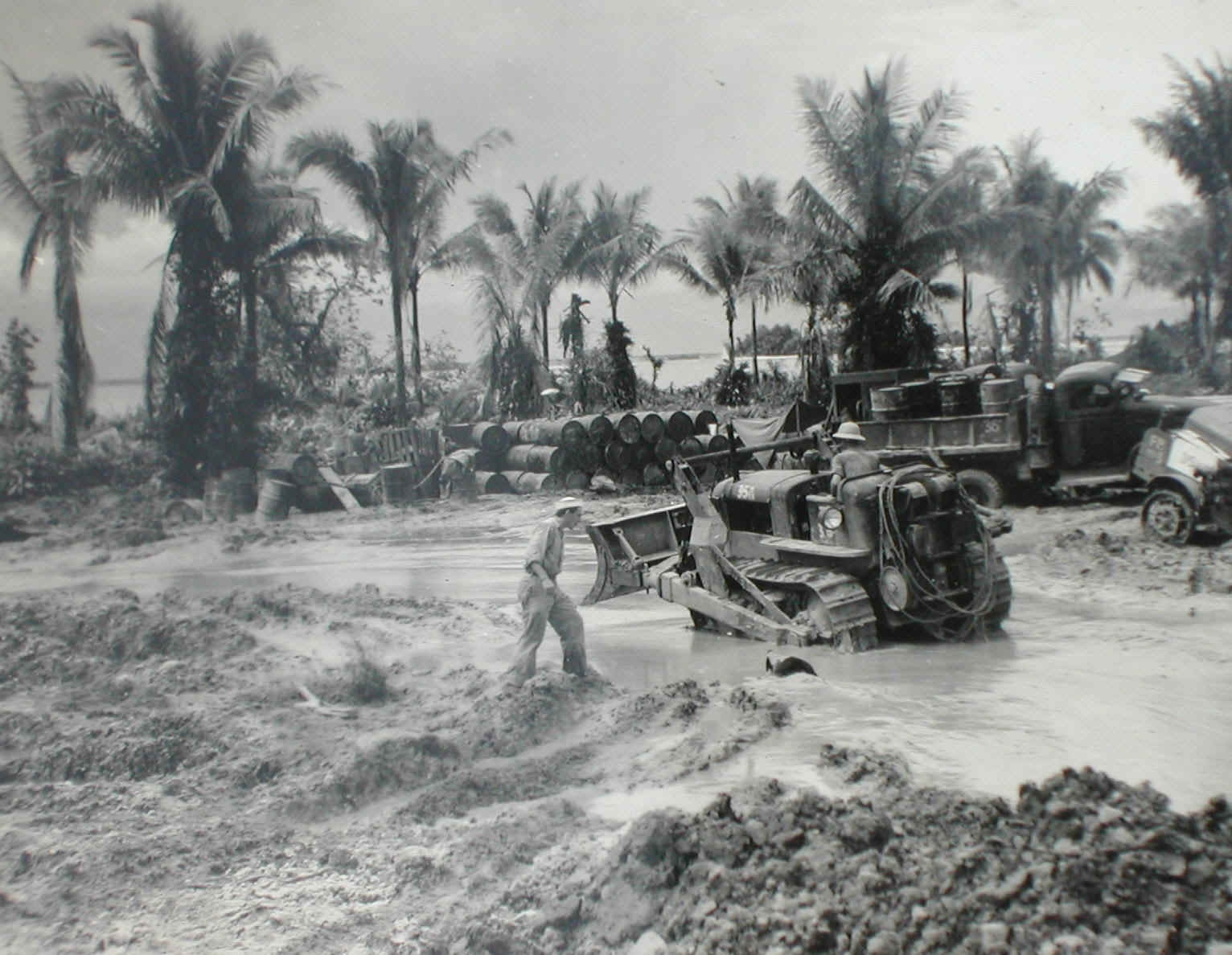The Rest of the Family
I’ve written before about my Dad’s exploits in World War II (The Big One.) Here’s what little I can remember of my other relatives.
First, I know almost zero about either side of my family’s service before WW2. However, my grandmother on my father’s side wanted to join the Daughters of the American Revolution back around 1930, so she researched our family’s lineage and found an ancestor from, I believe, Rhode Island who fought in the Revolution. When I was younger and briefly saw the documentation, there was also a picture of a young man from our family who fought in the Civil War (fortunately, for the Union.) This, and my Dad’s story, is the sum total of my knowledge about my Dad’s side’s military service.
My Mom’s side. Well…
Look, I’m a grown man, and everyone I’m talking about here passed away long ago, so I’m just going to come out and say it: My Mom’s side of the family is a bunch of racist hillbillies. Basically, I attribute any positive aspect of my personality to my Dad, and any negative one to my Mom.
My Mom’s maiden name was Bobbitt. Yes, the same as that guy who abused his wife to the point where she cut off his penis. Am I distantly related? Probably. But the part of the family I’m from lived in Arkansas. I only visited there once, when I was young. The entire town came out to meet us at the tiny airport. I was related to all of them. I have no doubt that if I had known to ask, I would have been told about all the great-great-grandfathers who fought bravely for the Confederacy.
But, moving on to World War II. 
My Uncle Lewis didn’t talk much about what he’d done. I’m not entirely sure if it was a sore subject or if he was just tired of repeating it. He was the Executive Officer (second in command) on a sub in the Pacific. In retrospect, I think all the times I tried to bring it up when I was a kid, he was drunk. I don’t remember him having a drinking problem, though. I think I was just asking too late in the BBQ.
Early in the war, U.S. subs had a huge problem in that our torpedoes tended to go wildly off course. There were even instances where they curved all the way around and hit the sub that fired them! It takes time to work up to being the XO, so I’m guessing my uncle might have already been in the sub force during the bad old times. That couldn’t have been easy.
The “kinks” got worked out and by 1944, it was extremely rare for a sub to go out on a standard 44 day patrol without sinking at least one Japanese ship. By 1945, when there weren’t any Japanese ships left, many U.S. subs were more likely to pick up a downed pilot than to ever sight the enemy. 
The man I knew as my grandfather on my Mom’s side played quite the heroic role in the Pacific war. He was a Seabee, one of the tough-as-nails Marines who would go in under combat conditions and build whatever needed building: a PT boat base, a fuel dump, an airfield…
It was that last one that was the site of their greatest triumph, and one that my grandfather was part of. The island of Guadalcanal is in the Solomon chain, which is northwest of Australia. It’s the southern-most point that the Japanese reached during World War II. They intended to build an airbase on the island. From it, they could send bombers to disrupt any shipping crossing the Pacific from the U.S. to Australia, effectively removing the island continent from the war. So, a bad thing from our perspective.
The Marines landed on Guadalcanal in August of 1942, just as the Japanese were finishing their airfield. The Marines drove the Japanese south off the airfield and set up to defend it. They named it Henderson Field after a Marine pilot who had died earlier that year on Midway Island.
The Seabees (my grandfather included) came in right behind them and within days had the airfield ready for operations. This was really important, because it meant the Marines could fly their close air support missions right from the island instead of from carriers that had to stay far out to sea. Fighters from a nearby carrier were also transferred to the island, because… 
Every few hours, planes from the nearest Japanese base would fly over and bomb and strafe the field. My grandfather told me about having to dive under his tractor to avoid the bullets! At the same time, the Japanese soldiers still on the island would sometimes get within mortar range, or a sniper would sneak up close enough to start firing on the field. 
And yet even with all the craters, all the strafing, the constant attacks, the airfield was never out of commission for more than an hour or two. As soon as the enemy planes were gone, the Seabees would be fixing up the damage. This was important because the Marines still fighting on the island depended on the close air support provided by the planes from Henderson Field, and the Japanese bombing was mitigated by the fighters sent up against the bombers whenever they appeared.
The Japanese ran ships down to the island at night (this was before radar was widely used) and landed 15,000 more troops, giving them almost as many on the island as the Americans. In late October, they attacked, trying specifically to take back Henderson Field. Some of them actually made it to the edge of the field, but the Marines pushed them back time and again. Ultimately, the Japanese lost around 8,000 men in a matter of days, while the Marines only lost around 100 in the fight for the airfield.
This cycle continued until two months later when the Japanese decided to abandon Guadalcanal. This victory was, along with Midway, the major turning point of the Pacific war, the furthest that the Japanese would advance before the U.S. could mobilize. And my grandfather was part of the force that stopped them.
I’ve thought about whether I should end on the following sad note. I think I’ve got to. I’ve just told you about some heroic deeds done by someone who, growing up, I saw as an heroic man.
For a short period of time when I was 19, I was living with my grandparents while I tried to figure out what I was going to do with my life. One of my very good friends at the time was a young black woman who had a baby about a year old. We were going to go to the beach or somewhere and I had to stop at my grandparents’ house to get something real quick. I invited my friend in, as babies are grandparent crack. Sure enough, they cooed and fussed over her and her baby. I got what I needed and we left.
A few hours later when I got home, I found my grandfather and grandmother seated sternly before me, asking me to sit down opposite them.
I was told by the hero described above that I was never to bring one of those people into his house again.
There was also the issue that this “negrah” girl was obviously going to get pregnant and entrap me whether I was the father or not. Other considerations were brought up which I won’t detail here. Even though I had no good place to go, I moved out the next morning. I never spoke to them again.
I’m sure everyone has a relative who’s served their country. Of course, our relatives are all people. Imperfect, flawed – sometimes beyond our ability to tolerate – people. It can be hard to separate the service from the person, especially when the service was for freedom, and the person was for segregation.
Ultimately, I’m proud of the service of my relatives in World War II. I feel… (?) lucky. (?) It’s an easy sell. What will veterans of Iraq tell their kids when they’re grown, after everyone’s had time to let it sink in? And what do we tell those veterans? Do we thank them for their service or apologize? Maybe both.